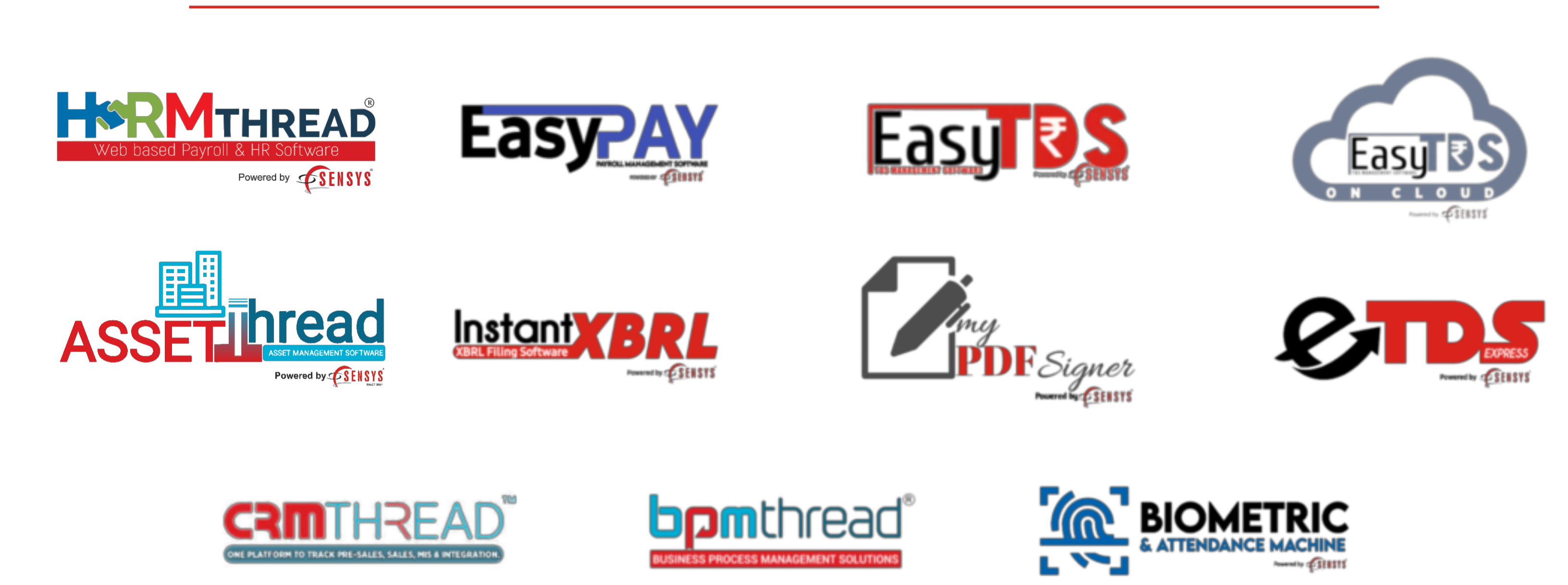07th |
GST | Payment for March 2024. |
10th |
GST | Return for authorities deducting tax at source – GSTR 7 for March 2024. |
| Details of supplies effected through e-commerce operators and the amount of tax collected – GSTR 8 for March 2023. | ||
11th |
GST | Details of outward supplies of taxable goods and/or services effected – GSTR 1 for March 2024. |
13th |
GST | Quarterly Return GSTR 1 for January to March 2024 for QRMP filers, Whose turnover not exceeding Rs. 5 crores. |
| Return for Input Service Distributor – GSTR 6 for March 2024. | ||
14th |
TCS | Issue of TDS certificates to tax deducted u/s 194-IA, 194-IB, 194M in Feb. |
15th |
TDS | Uploading Declarations received in Form 15G/H for January to March 2024. |
| Income Tax | Quarterly statement in respect of foreign remittances (to be furnished by authorized dealers) in Form No. 15CC for the quarter ending March 2024. |
|
| TCS | TCS Quarterly Statements for Jan to Mar. |
|
| P.F. | P.F. Payment for March 2024. |
|
| ESIC | ESIC Payment for March 2024. | |
18th |
GST | Quarterly Statement for composition taxable person – CMP 08 for January to March 2024. |
20th |
GST | GSTR 3B for March 2024 if aggregate turnover exceeds Rs. 5 Crore. |
| Return for Non-Resident foreign taxable person – GSTR 5 for March 2024. | ||
22nd |
GST | GSTR 3B for the month/quarter ended March 2024 if turnover is below Rs. 5 Crore for Gujrat, Madhya Pradesh, Chhattisgarh, Maharashtra, Telangana. Andhra Pradesh, Karnataka, Goa, Kerala, Tamil Nadu, Puducherry, Dadra & Nagar Haveli. |
24th |
GST | GSTR 3B for the month/quarter ended March 2024 if turnover is below Rs. 5 Crore for the Rest of India. |
25th |
Income Tax | Statement of Finacial Transactions by Depositores Registrars & Share Transfer Agents for reporting of information relating to Capital gains on transfer of listed securities or units of Mutual Funds for Q3 in Form 61A. |
| GST | ITC-04 for FY 2023-24. |
|
30th |
TDS | TDS Payment for March 2024. |
| TDS | Deposit of TDS u/s 194-IB @ 5% during the year. |
|
| TDS | Issue of TCS Certificate for Jan to Mar by all collectors. |
|
| TDS | Deposit of TDS u/s 194-IA on payment made for the purchase of property in Mar in Form 26QB. |
|
| TDS | Deposit of TDS u/s 194M for Mar on payment made to resident contractors or professionals greater than 50 lacs pa by individuals/HUF not subject to tax audit in Form 26QD. |
|
| TDS | Quarterly return of non-deduction at source by banks from interest on time deposit for Mar quarter. |
|
| Income Tax | Declaration in Form No. 61 containing particulars of Form No. 60 received during the period October to March 2024. |
|
| GST | To opt-out or in from QRMP for the period April to June 2024. |
|
| GST | Annual Return of FY 2023-24 for Taxable Person under Composition Scheme-GSTR 4. |
|
| Prof. Tax | Monthly Return Tax Liability of Rs. 1,00,000/- & above for March 2024. |
Software Solutions Available on:
TDS | PAYROLL | WEB PAYROLL | WEB HRMS | XBRL | FIXED ASSET |INCOME TAX| SERVICE TAX | DIGITAL SIGNATURE | ATTENDANCE MACHINE & CCTV | DATA BACKUP SOFTWARE | PDF SIGNER
“Our Products & Services”
Sensys Technologies Pvt. Ltd.
HO: 904, 905 & 906, Corporate Annexe, Sonawala Road, Goregaon East, Mumbai- 400 063.
Call: +91 766 990 4748
Email: contact@sensysindia.com | Website: http://www.sensystechnologies.com
Branches: Delhi & NCR | Pune | Bangalore | Hyderabad | Ahmedabad | Chennai | Kolkata






